In June 1878, after the 10th Russo-Turkish war in a row, at the Berlin congress, the lands in the Balkans inhabited by Bulgarians were divided up into five. Northern Dobrudja was handed over to Romania. Serbia got the Sanjak of Niš. The lands between the River Danube and the Balkan Range, along with the Sanjak of Sofia, formed the Principality of Bulgaria, formally subordinate to the Ottoman Empire. To the South – in Thrace and the Rhodopes was Eastern Rumelia, the autonomous province under the authority of the Sultan. Bulgarians in Macedonia and the region of Edirne were left within the bounds of the Ottoman state.
On 6 September, 1885, the Principality of Bulgaria and Eastern Rumelia united under the rule of Prince Alexander of Battenberg - against Russia’s wishes. In the ensuing diplomatic back-and-forth, in November, the Kingdom of Serbia attacked Bulgaria so as to stop the Unification. Surprisingly, theBulgarian army won, and the new status quo was recognized by the great powers.
Professors Milko Palangurski from the Sts. Cyril and Methodius University of Veliko Tarnovo, Vesselin Yanchev from Saint Kliment Ohridski University in Sofia and Petar Stoyanovich from the Institute for Historical Studies of the Bulgarian Academy of Sciences published a book entitled “Three views on the Unification”. In their studies they take a look at the participation of Prince Alexander I of Bulgaria in the events that led up to the first significant and durable unification of Bulgarians after the Liberation.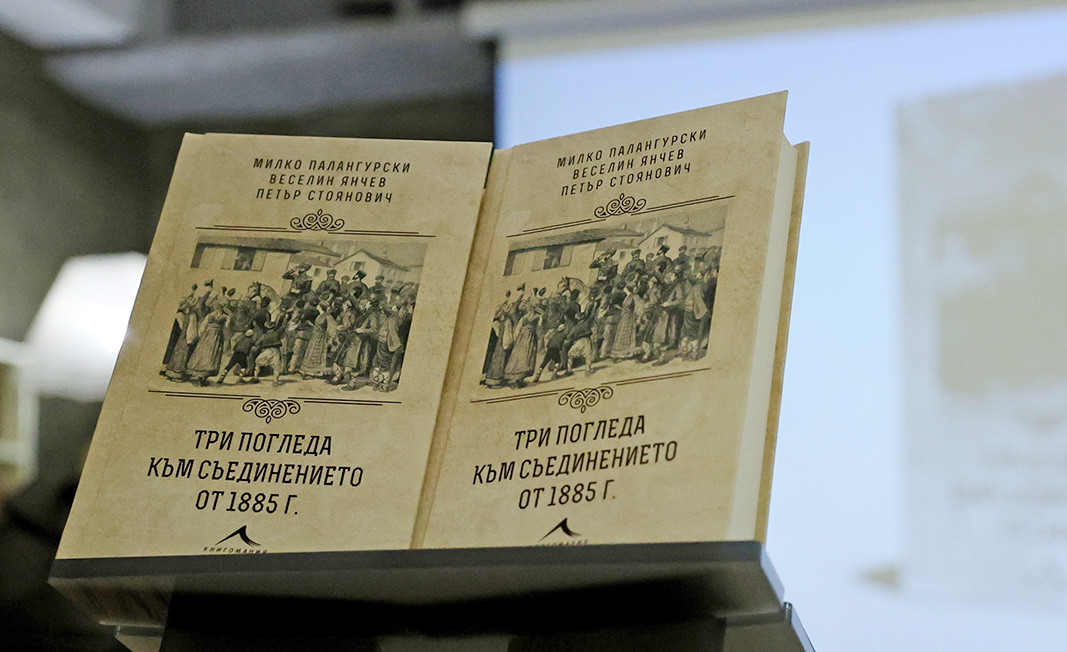
23-year old Prince Alexander of Battenberg was designated as ruler of Bulgaria by his uncle – Russian Emperor Alexander II. But 7 years later Russia considered him undesirable and wanted to remove him from power. In an interview with Radio Bulgaria Prof. Yanchev explains how that came about: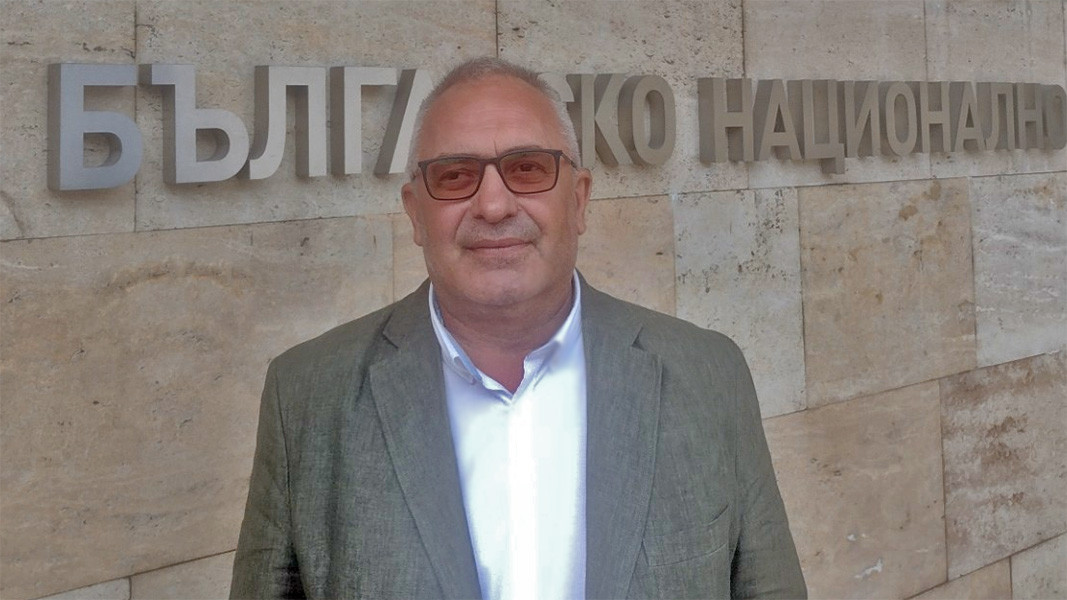
“The brief answer is given by Prince Alexander himself, who said, after abdicating, that his prime sin against Russia was that he had decided to pursue an independent policy,” says Prof. Yanchev. “Russia’s view of the Principality of Bulgaria and the Bulgarian prince was of a territory on the Balkan peninsula that would spread Russian influence, a place from which Russia could successfully counter an Austria-Hungary invasion or another war with the Ottoman Empire. To my mind, Prince Alexander’s wish to gain control of the army so it shall act in the Bulgarian rather than the Russian interests is the key, the most important conflict between Bulgaria and Russia.”
Another important problem in the “David vs. Goliath” as the historian describes this confrontation, is the question of Bulgaria’s modernization. Russia could not offer the new state a civilized and modern path of development. Prince Alexander I held the view that the country must have a modern administration, production, trade, communications, something Russian diplomacy regarded as a covert ambition by Bulgaria to break free of Russia’s control and influence and turn to the West. The Russian diplomats reported in St. Petersburg that the prince was surrounded by agents of Western influence. But the truth lay elsewhere, the historian says: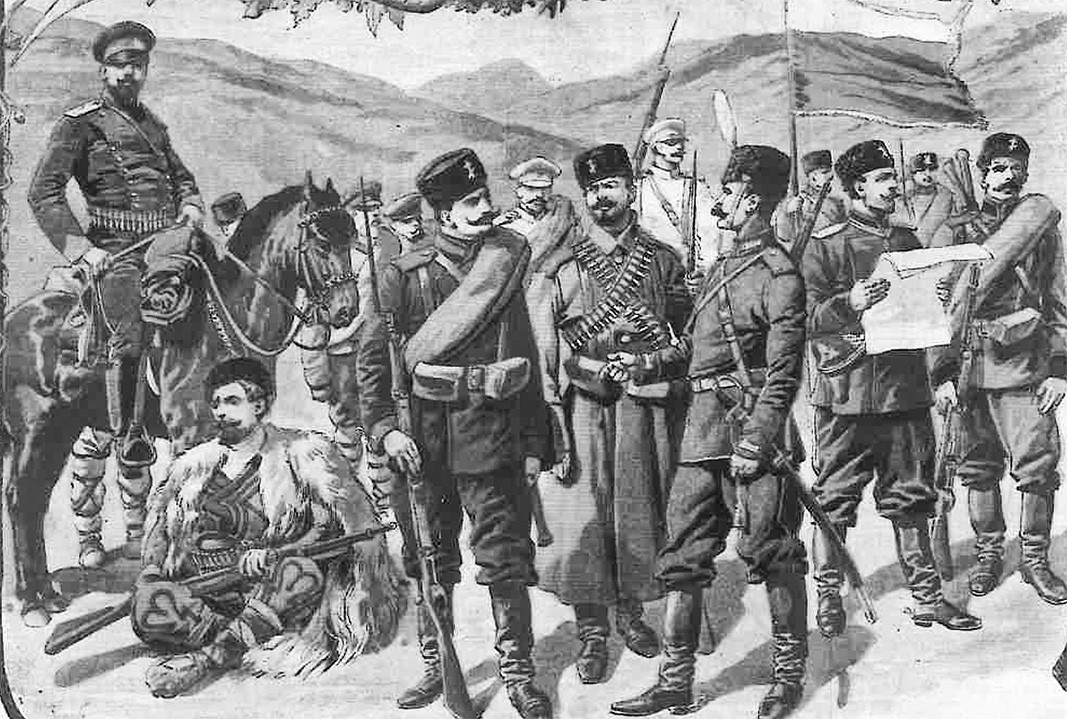
“We should not forget the mission Prince Alexander came to Bulgaria with, which he clearly laid down even before ascending the throne – that he will abide by the Treaty of Berlin for as long as that is possible, but that his prime objective would be the unification of all Bulgarian lands into one single state. As he later put it – something that is not widely known and is very impressive – “under the single royal scepter”. So, he had the idea that his mission as a ruler was to unify Bulgarians and turn Bulgaria into an independent kingdom. Of course, that cannot happen in a day, it cannot happen in a year. But the fact is that he came here with this mission and there is ample evidence of the fact that throughout his time on the throne, in one form or another he supported all initiatives and all ideas for uniting the Principality of Bulgaria with Eastern Rumelia. Of course, all the time maneuvering – in a way that is admissible – between the positions and the interests of the great powers.”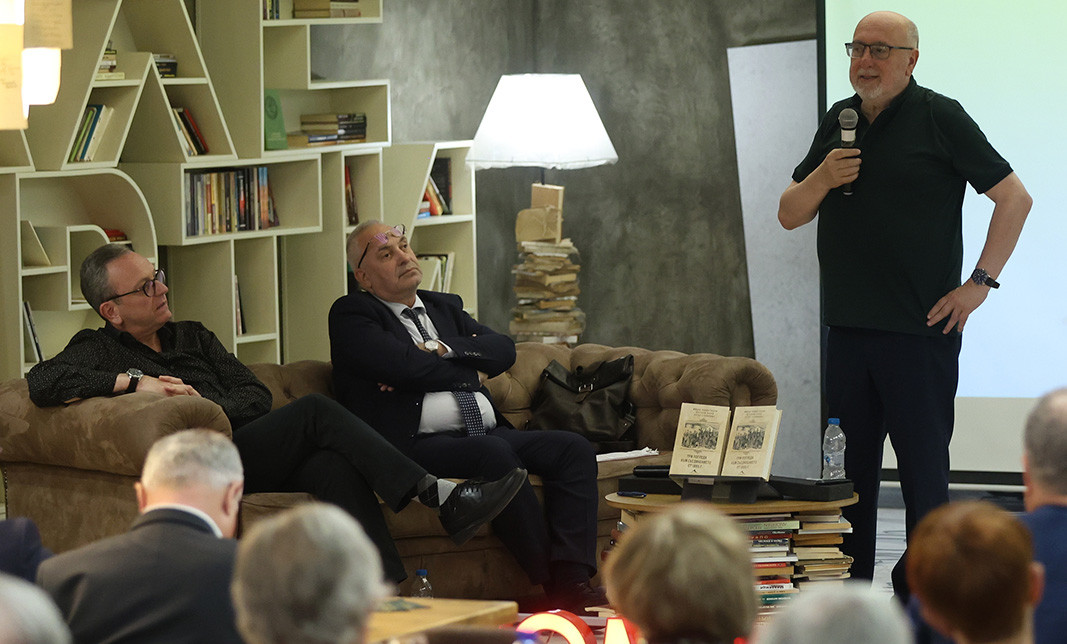
“The Unification is one of those rare events in the modern history of Bulgaria which have always found a place in history textbooks. The idea to create the book triptych about the Unification belongs to Prof. Stoyanovich. And as we have formulated it – every point of view is the latest not the last perspective.”
“Prof. Milko Palangurski’s point of view passes through the national idea and the fight for national unification, and the Unification itself as a stage in these struggles. A really important stage, showing that unification of this kind is not always possible. 
Because the situation in Eastern Rumelia was very different to the situation in Macedonia. Not to mention the Bulgarians in the Sanjak of Niš, in Dobrudja etc. They were different planets entirely where Bulgarians lived, and their mechanical unification, as positive as it may sound, was easy on a map, but that was not so in reality,” Prof. Yanchev says.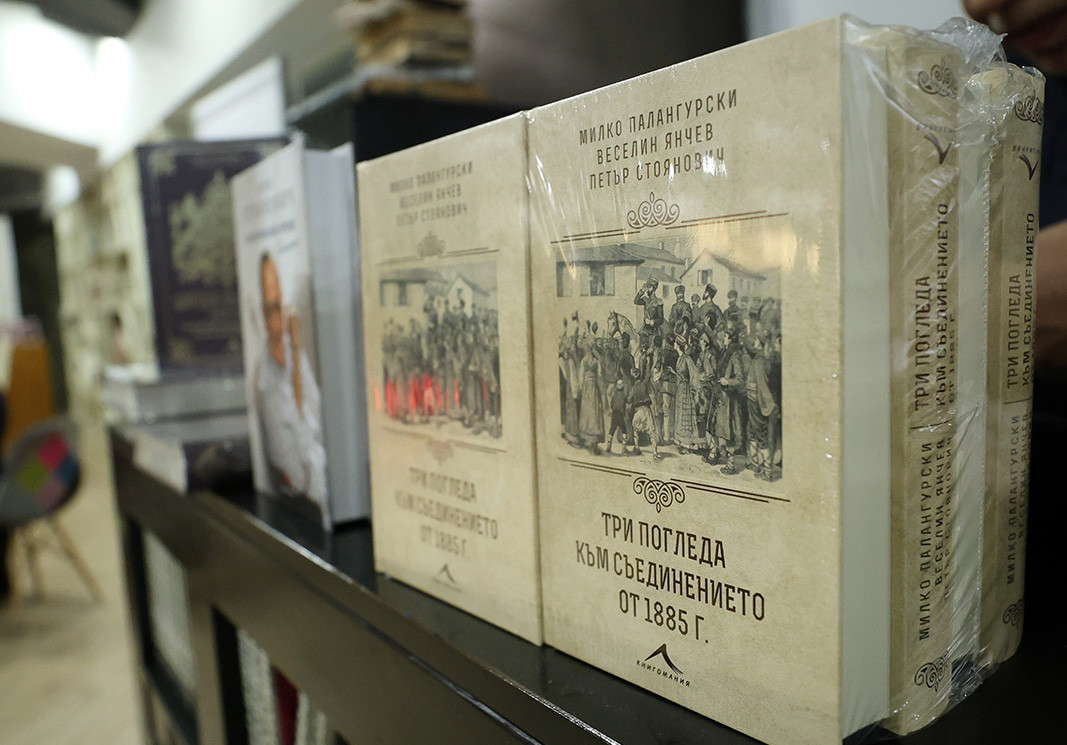
More:
Translated and posted by Milena Daynova
Photos: Ivo Ivanov, BTA, archive
The newest exhibition at the National Museum of Military History in Sofia, 'War and the Creatives: A Journey Through Darkness' opens today, offering free entry as a gesture to those who were unable to visit during the recent renovations. Rather than..
A 5,000-year-long history lies hidden in the ruins of the medieval fortress “Ryahovets” near the town of Gorna Oryahovitsa where active excavations began ten years ago. On this occasion, on November 17, the Historical Museum in Gorna Oryahovitsa..
Just days ago, archaeologists uncovered part of the complex underground infrastructure that once served the Roman baths of Ratiaria - one of the most important ancient cities in Bulgaria’s northwest. Founded in the 1st century in the area of..

+359 2 9336 661
